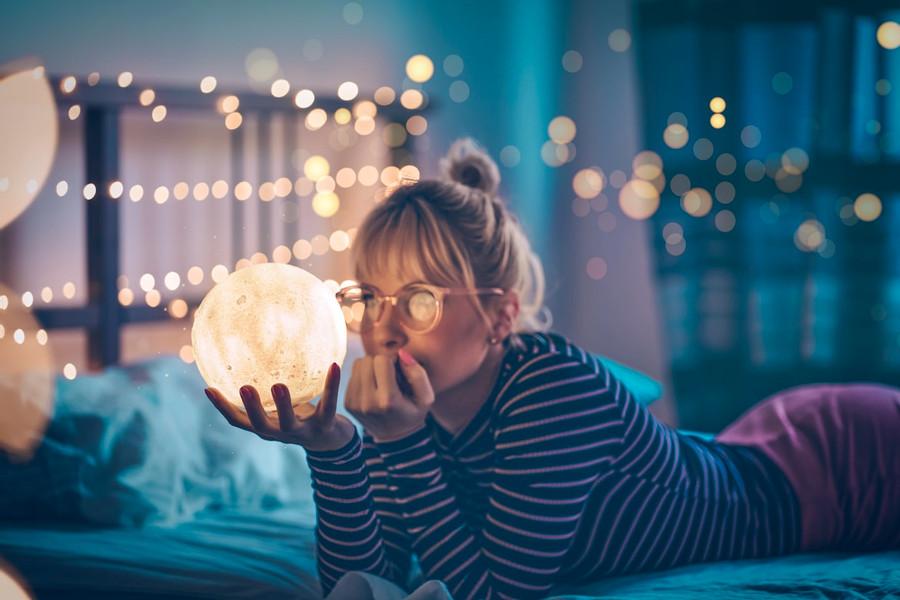Melatonin
Is a naturally occurring hormone controlled by light exposure that helps regulate your sleep-wake cycle.
Your brain secretes more melatonin when it’s dark, making you sleepy, and less when it’s light, making you more alert.
However, many aspects of modern life can alter your body’s production of melatonin and shift your circadian rhythm
2.7K
13.6K reads
CURATED FROM
IDEAS CURATED BY
The idea is part of this collection:
Learn more about health with this collection
The benefits of a bedtime routine
How to improve your sleep quality
How to create a relaxing sleep environment
Related collections
Similar ideas to Melatonin
2. Melatonin
- Natural hormone that regulates your body’s circadian rhythm or sleep-wake cycle. Levels of the hormone increase in the evening when it’s dark to promote sleep & decrease in the morning when it’s light to promote wakefulness.
- Getting adequate ...
Our sleep and wake patterns
On its own, the circadian rhythm takes almost 24 hours. Our bodies rely on the Sun to reset this cycle and keep it at 24 hours, the length of our days. Light and the dark are important signals for the cycle.
During the night, body temperature drops, metabolism slows, and the hormone melato...
The Circadian Rhythm
It is impacted by three main factors:
- Light: probably the most significant pace setter of the circadian rhythm. Staring into a bright light for 30 minutes or so can often reset your circadian rhythm regardless of what time of day it is.
- The time of day
Read & Learn
20x Faster
without
deepstash
with
deepstash
with
deepstash
Personalized microlearning
—
100+ Learning Journeys
—
Access to 200,000+ ideas
—
Access to the mobile app
—
Unlimited idea saving
—
—
Unlimited history
—
—
Unlimited listening to ideas
—
—
Downloading & offline access
—
—
Supercharge your mind with one idea per day
Enter your email and spend 1 minute every day to learn something new.
I agree to receive email updates

